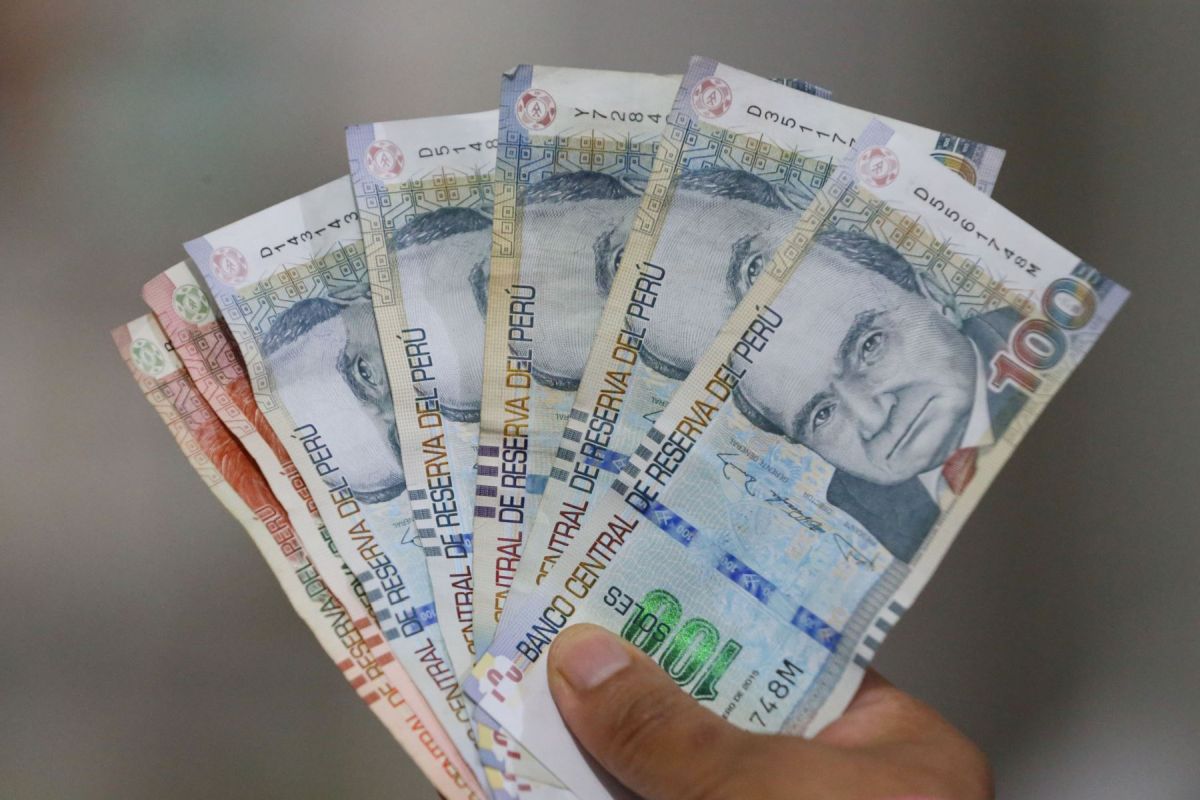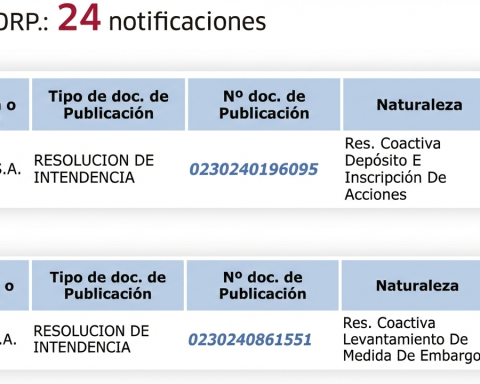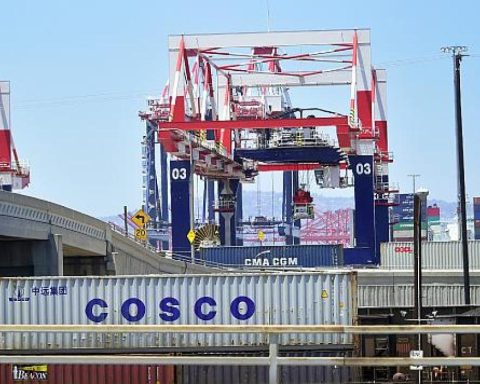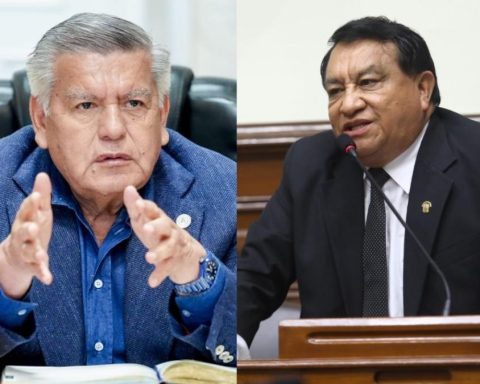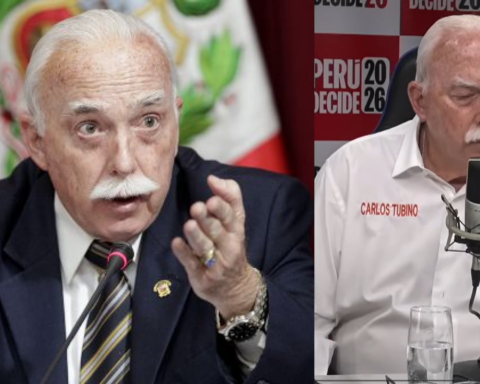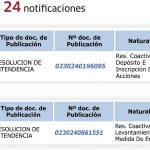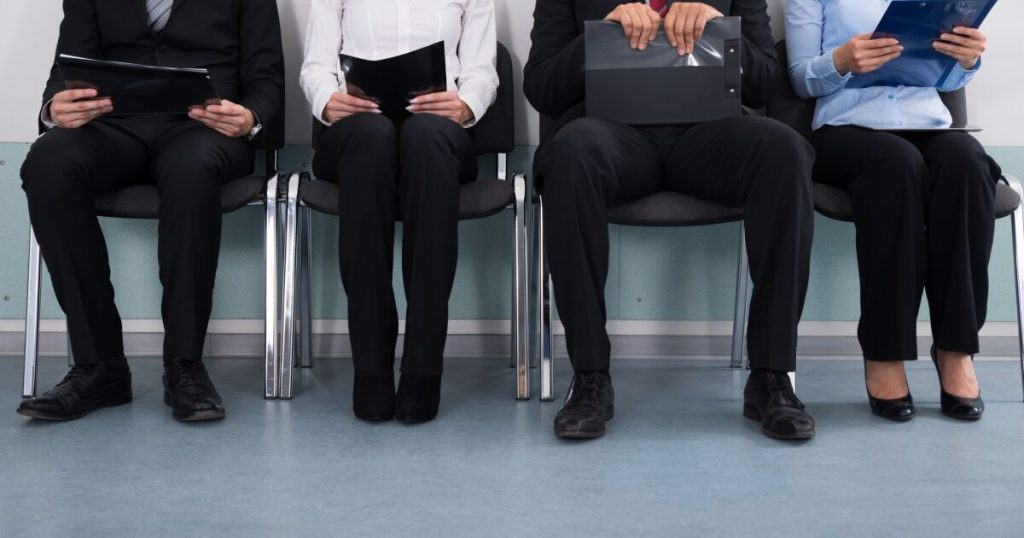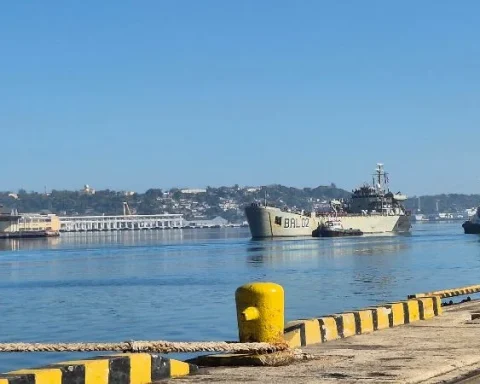By Taxpayers Association
In the message to the Nation on July 28, the president Dina Boluarte announced a possible increase in minimum vital remuneration (RMV) in Peru. However, this measure was harshly criticized by economic experts, because they claim that increasing the minimum wage has negative effects on the Peruvian economy by raising operating costs in micro, small and medium-sized companies without improving productivity, which opens up transition to greater informality and, therefore, lower annual tax collection.
Look: Luna targets formal companies, but helps illegal miners
As pointed out by the main economist of the Peruvian Taxpayers Association, Camila Costa, for the Peruvian economy to be dynamic, the minimum wage must be sufficiently far from the average monthly income of formal workers. This is because the increase in the RMV only benefits 3% of the economically active population in Peru.
Increasing the RMV without technical justification (especially in a context where inflation rose to 1.86% in November 2024) discourages formalization due to the additional costs that paying a higher salary represents for an SME without improving its profitability and productivity. That is, the increase in the minimum wage could cause the few formal companies to decide to stop paying their taxes to the State as they are unable to cover these monthly operating expenses.
For this reason, the expert assures that raising the minimum wage by 10% could cause a 2.5% drop in formal employment, a “nonsense when it comes to promoting formalization.” Faced with this problem, Costa commented that, instead of focusing on artificial salary increases, it is necessary to improve the productivity of workers through investments in human capital, education and policies that promote the formalization of employment, creating a competitive economic environment that allows sustainable wage increases.
“There is no magic wand that will raise the salary of Peruvians, the sustainable path is through increased productivity. As? By educating and preparing better, here the State has to focus on investing efficiently to build more social capital,” he stated.
RECOMMENDED VIDEO
